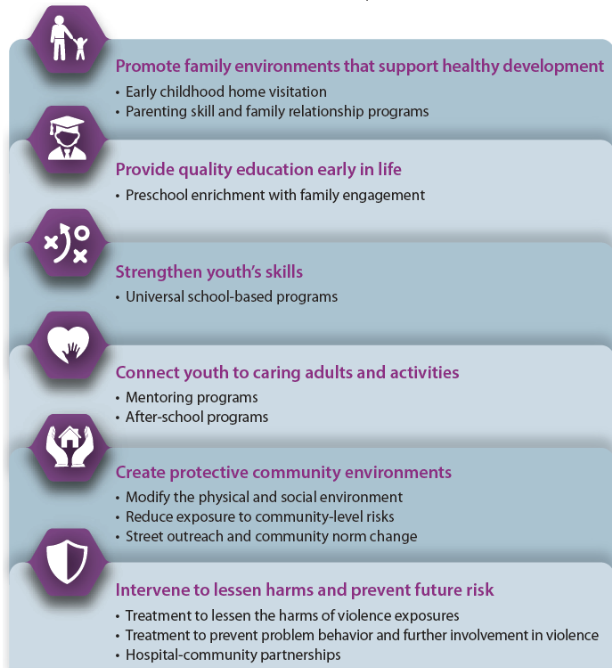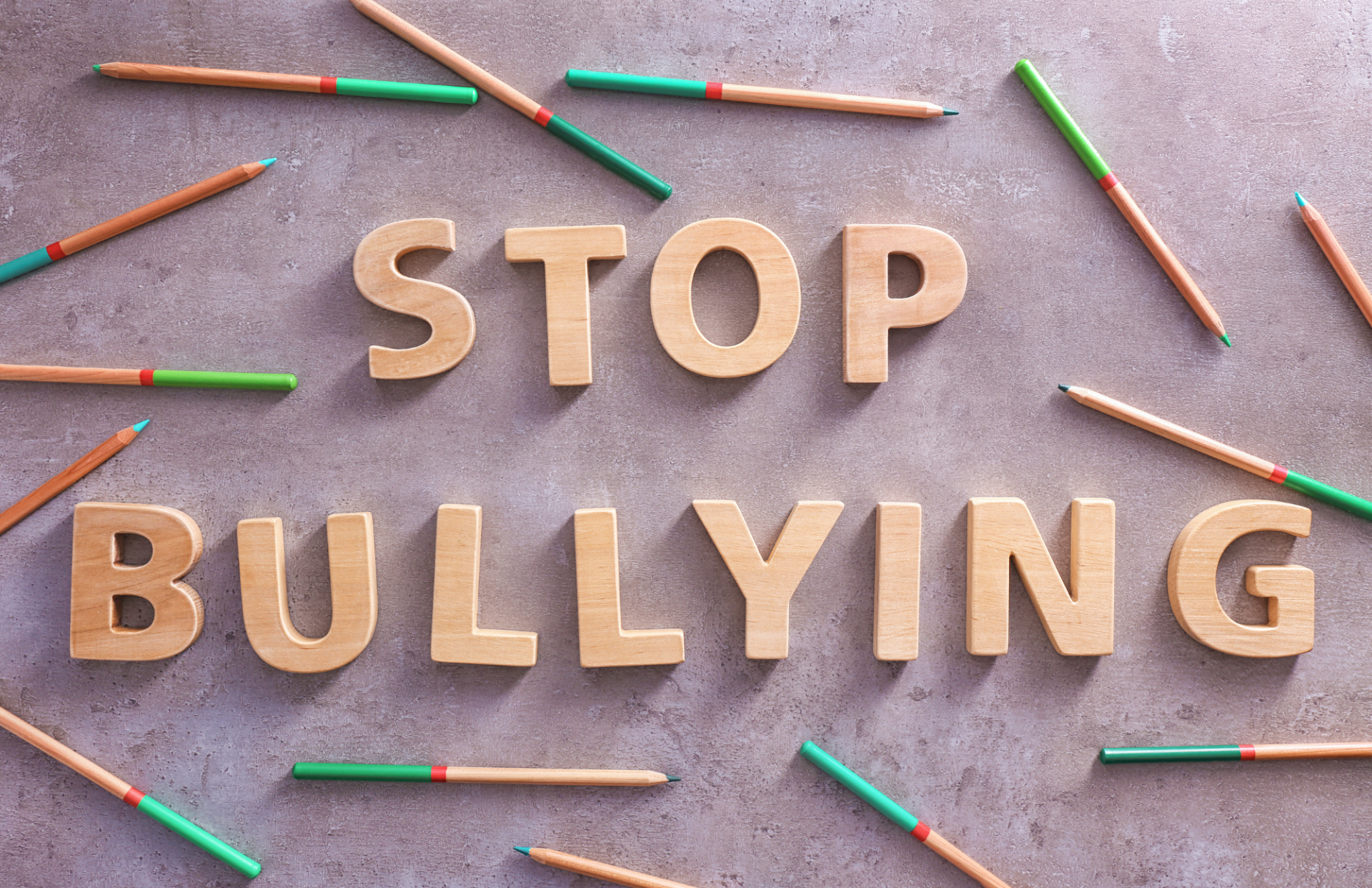As much as parents and teachers would like to say that bullying is not occurring on their watch, it is, unfortunately, a pervasive issue that affects at least 1 in every 5 children. According to
stopbullying.gov, school bullying happens most frequently in the hallways, classrooms and cafeteria.
Cyberbullying-or bullying occurring through technology (i.e. video games, social media, texts, etc)- is also common, impacting 1 in 4 high school students (and 1 in 6 has been a perpetrator!).
Bullying can have serious and long lasting effects on a child’s mental health and emotional well-being. This is why it is important that we as parents, caregivers, educators, clinicians and community leaders recognize the signs that our child might be experiencing bullying at home, school or other places. By recognizing these signs early on, we can intervene, take steps to address the situation and provide the support children need. Every child is different, and at Teku, we encourage parents to trust their own wisdom to learn how to support their kids. But if you have questions or are curious to learn more, this blog post will cover the signs we most often see when a child is experiencing bullying and tips on how to support kids.
Please keep in mind that although we use the words “child” and “kid” throughout our blog, this information applies to all kids and teens!
Our emotions change frequently throughout the day and from day to day. However, if there is a clear shift in your child’s emotional well-being that persists for more than a couple of days this could be an indicator of bullying. Keep an eye for increased anxiety, sadness or irritability. It is not uncommon to observe more frequent and intense emotional outbursts from your child. Children, while resilient, may not always possess the skills to effectively navigate or cope with their emotions, particularly when experiencing the added stress that bullying can impose on them. Most kids will not tell us, as parents or teachers, when someone is bullying them, and in fact, most kids (and we would argue most adults!) don’t even recognize when they are getting bullied. This is why parental attunement to the child’s emotional wellbeing is so important!
Bullying can take form in many ways but one is physical aggression. If you notice frequent unexplained bruises or scratches on your child, this could be a sign of bullying. Ask your child about these injuries, if their explanations are vague or inconsistent it might be worth it to look further into this. Kids may be afraid of getting others into trouble or whoever is bullying them has told them or threatened them not to say anything. Let your child know they won’t be in trouble or get others in trouble for telling the truth. Let them know that knowing the truth can actually support everyone, as kids who are doing the bullying may themselves need some support.
The emotional toll and added stress of being a victim of bullying can manifest into nightmares, night sweats and even insomnia. If your child’s sleeping patterns change significantly, this could be an indicator that they are grappling with bullying-related stress and anxiety. Show your child patience and support if they are afraid of going to sleep or waking up with nightmares. If these continue for more than a few days, then it’s worth making space during the day to talk about feelings and relationships.
A sudden drop in academic performance can be linked to the emotional distress, stress or distractions caused by bullying. Furthermore, if the child is not feeling safe at school they may try to avoid attending. This avoidance stems from a need for self-preservation, as school may be associated with distress or emotional turmoil. It is crucial for parents and educators to recognize this avoidance and maybe decline in academic performance as a potential sign of bullying. Again, patience and understanding are needed, as most parents become worried and fearful when they see their child’s grades declining. Instead of punishing or blaming, take a stance of curiosity, asking open ended questions to uncover what may be getting in the way of their learning and engagement at school. Are the declining grades only in one class (may be a signal that the bullying is occurring there) or across all classes (could be a sign that the bullying is happening throughout the day OR may be a sign that the impact is more serious and requires clinical attention).
Bullying can affect a child’s appetite. The child may be facing emotional stress that can manifest itself in loss or appetite or overeating. Simple behavior changes can tell us so much if we notice them in time. Bullying regarding our physical appearance, including height, weight, body shape, etc, is very common, and this type of bullying could trigger
disordered eating in youth. If your child is losing weight, avoiding family or other social meals and isolating themselves, this may signal a need to speak with your pediatrician to assess their health.
If you notice that your child no longer wants to see certain friends, attend social events or is generally socially withdrawn, this may be a sign of bullying or other mental health needs, such as anxiety, depression or even trauma. Engage in curious conversations, asking open ended questions and letting your child know you are observing a change in behavior. Don’t be afraid to clearly say “I’m worried about you” and let them know you are ready to support them whenever they are willing to talk.
Systems of oppression, such as racism, sexism,
ableism, go hand in hand with bullying behaviors. Oppression aims to exclude and demean a group of people because of a certain characteristic, such as sex, gender, skin color,
faith/religion, or racial and ethnic background. These behaviors can have life-long impact on the health and wellness of our youth, as they go hand in hand with our ability to develop our confidence, identity and self-love–all key ingredients for mental health. These behaviors are happening in our
schools, neighborhoods and even in our homes. Many of us continue to uphold oppressive viewpoints and these perspectives seep through in our daily actions and interactions with our kids. As adults, we have a responsibility to educate ourselves, so we can act in accordance with compassionate, loving, and empowering values that center the needs of diverse communities.
As much as we wish our kids would always “behave” and show kindness, it is important to recognize that our brains are developing until our mid-twenties and the areas of the brain (the frontal lobes) that are required for impulse control, self-regulation and moral development, develop last! Therefore, most (if not all) kids will display some level of teasing, mean or even bully behavior. This is why bullying is approached from a developmental and supportive approach that allows everyone to receive the support, love and guidance they need while holding kids and adults accountable and giving them the skills they are lacking to show respectful and kind behavior. If your child is bullying others, there is no need to blame or shame yourself. Take this as an opportunity to connect with your child, learn about their needs and how they are feeling, and address any gaps in social, emotional or cognitive skills that are needed. When you approach the situation with patience, understanding, curiosity and support, your child will get exactly what they need to continue their trajectory toward becoming a loving, caring, and compassionate person.
As delineated in this
CDC visual (shown below), early family relationships and education are crucial to support our kids’ understanding of how their behavior impact their own lives and the lives of others. Family and school programs that foster connection, communication skills and eliminate the need for violent punishment are important steps to support anti-bullying initiatives. Our kids’ education starts at home. Let’s model respectful and compassionate relationships so they can use those skills as they begin to form friendships.
At Teku, we support families by equipping parents, caregivers and educators with
the tools to foster these beautiful relationships at home and schools!

Recognizing the signs of bullying is a crucial responsibility for parents and caregivers. This is because early prevention and intervention are key. As caregivers, our commitment to kids' emotional health is a vital step towards creating a safe and nurturing environment for our children to thrive. These efforts are most effective when we all work together to support all kids. Join us!



